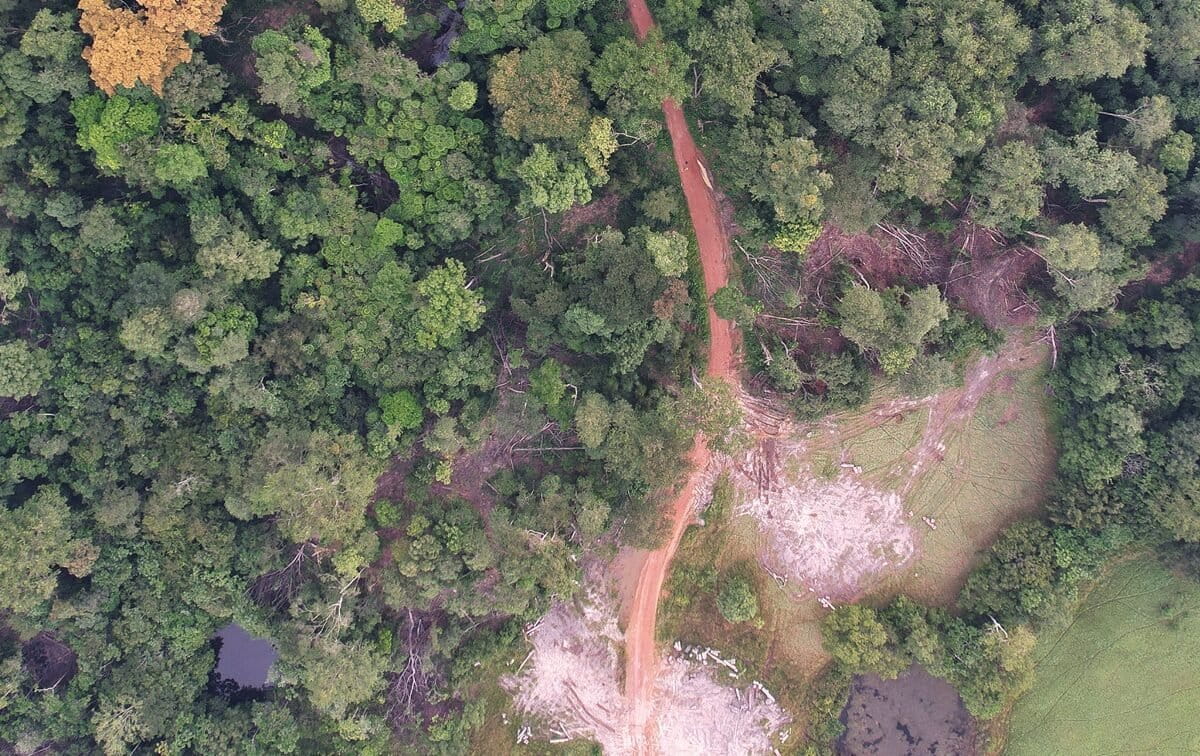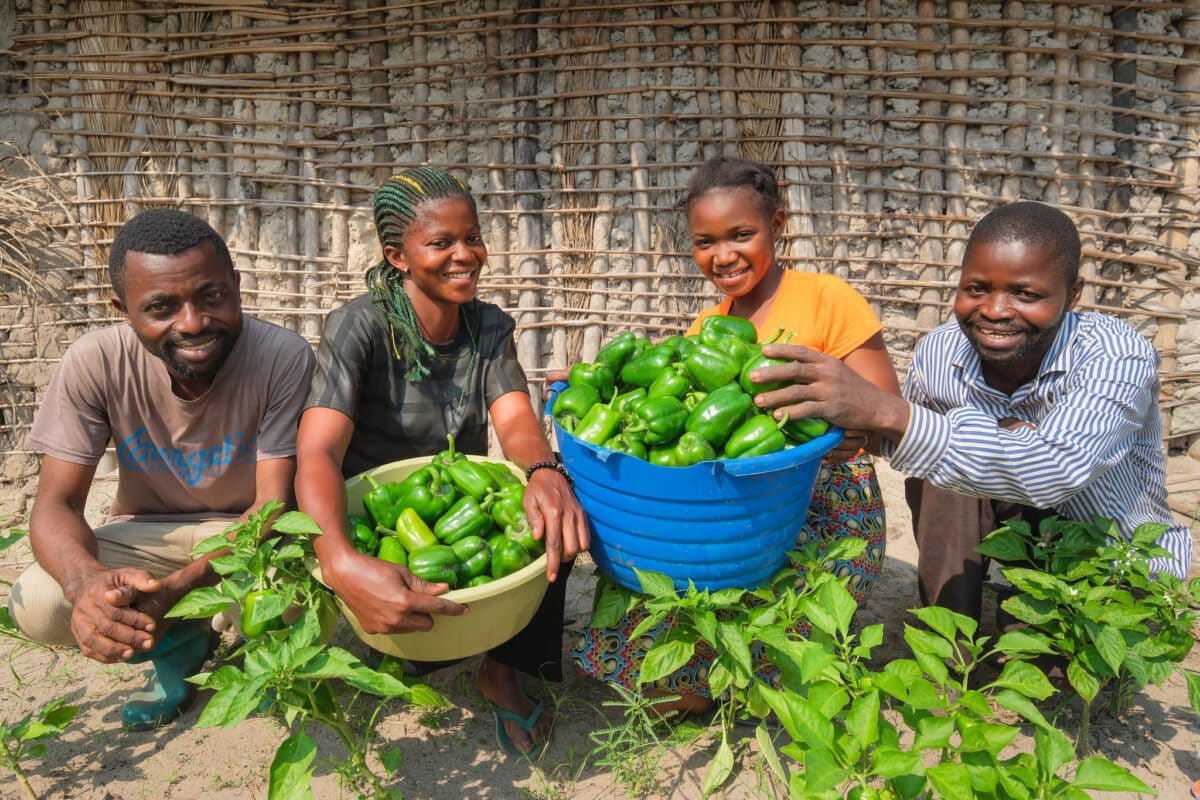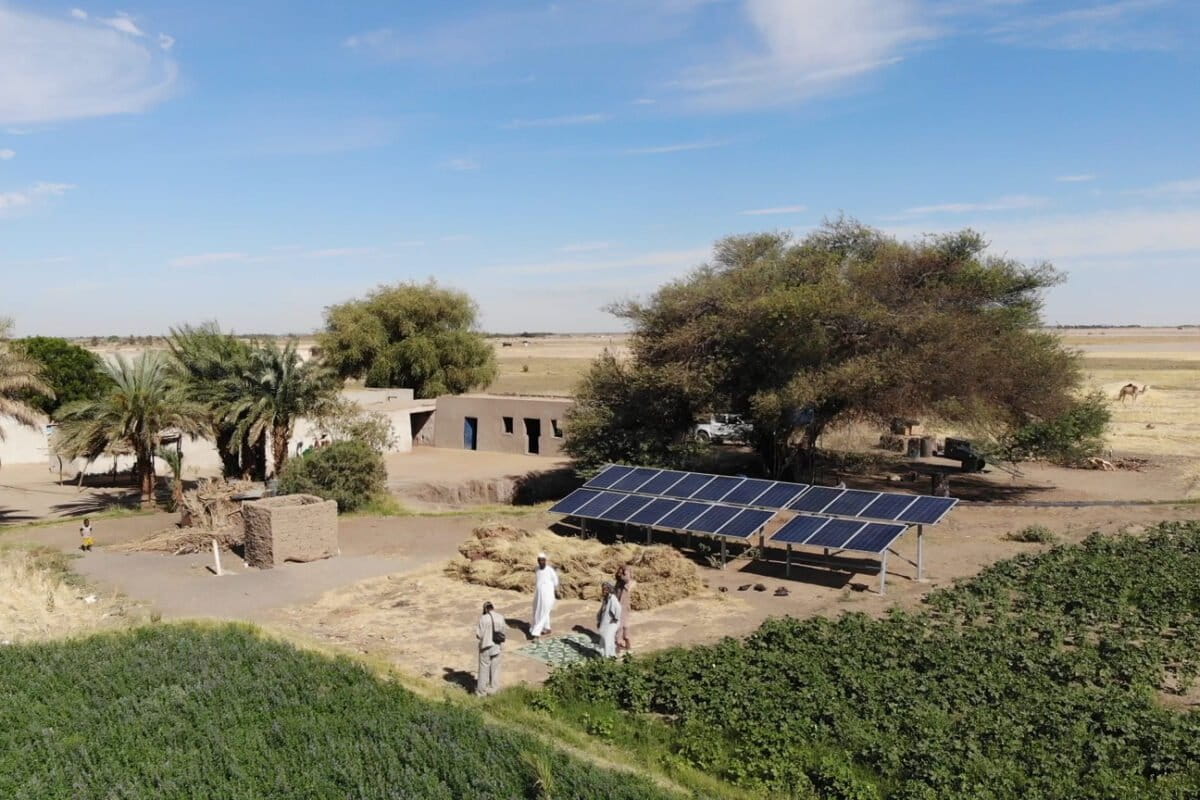- Four judges and two lawyers in Indonesia have been charged with transacting bribes to issue a favorable ruling for palm oil giants Permata Hijau, Wilmar and Musim Mas in a high-profile corruption case.
- Prosecutors allege that the companies funneled up to 60 billion rupiah ($3.57 million) to the judges through intermediaries, avoiding potential fines totaling more than $1 billion.
- The ruling controversially cleared the companies of prosecution despite their clear legal violations, using a colonial-era legal loophole.
- The case is part of a broader 2022 cooking oil export scandal that led to prior convictions of company executives and a trade ministry official, with Indonesia’s AGO now appealing the verdict and expanding its investigation.
JAKARTA — Prosecutors in Indonesia have charged four judges and two lawyers accused of bribery in a recently concluded trial involving palm oil giants Permata Hijau, Wilmar and Musim Mas.
The Attorney General’s Office made a late-night announcement on April 13 that it had charged Jakarta-based judges Muhammad Arif Nuryanta, Agam Syarif Baharuddin, Ali Muhtarom and Djuyamto with bribery, along with court clerk Wahyu Gunawan. It also announce charges against lawyers Ariyanto Bakri and Marcella Santoso, who were taken into custody the day before.
The AGO alleges that the lawyers worked as intermediaries for the three palm oil companies, channeling up to 60 billion rupiah ($3.57 million) to the judges for a favorable ruling. The companies had been on trial for alleged corruption after exporting more crude palm oil (CPO) than they were permitted to in 2022, amid a major shortage of cooking oil across the country at the time.
A trade ministry official, a prominent economist, and three palm oil executives were convicted and jailed in early 2023 for their role in the export scandal. But in the subsequent trial against the companies, judges Agam, Ali and Djuyamto ruled on March 19 this year that while the companies were liable to the charges of trade violations brought by prosecutors, their actions did not warrant prosecution. This unusual type of ruling, a holdover from the Dutch colonial period known as ontslag van alle recht vervolging (discharge without prosecution), was based on the reasoning that the exports complied with trade policies in force at the time — policies that the 2023 trial found had been corruptly imposed.

‘Handle the case’
At the April 13 announcement, the AGO said the bribery in the companies’ trial began when lawyers Ariyanto and Marcella approached Wahyu Gunawan, a junior clerk at the Central Jakarta District Court, where the case would be heard. Ariyanto allegedly told Wahyu to “handle” the case, meaning he wanted a favorable ruling for the companies, according to Abdul Qohar, director of investigations at the AGO’s special crimes unit. Wahyu then conveyed the message to Arif Nuryanta, at the time the deputy head of the court — a role that gave him the authority to appoint judges to hear cases. Arif agreed to the request, Abdul alleged, but demanded a total payment of 60 billion rupiah, to be shared with the three judges he planned to pick: Agam, Ali and Djuyamto.
In total, the three judges had received 22 billion rupiah ($1.3 million) of the agreed-on 60 billion. Wahyu also received $50,000 for his service as an intermediary, Abdul said.
Tellingly, lawyers Ariyanto and Marcella were not the ones representing the three companies at trial. The AGO said it’s looking into whether they specialized as intermediaries, given Marcella’s links to another high-profile case. In that instance, the son of a politician was acquitted of killing his girlfriend after deliberately running her over in his car. The judges in that case were later arrested for taking bribes from the defendant’s mother and lawyer, and are currently standing trial. Marcella’s name came up in banking transaction data between the various parties, according to the AGO.

Billions in bribes to avoid trillions in fines
In the trial against the palm oil companies, prosecutors had sought 1 billion rupiah ($59,500) in fines from each company, as well as damages of 11.88 trillion rupiah ($707 million) from Wilmar, 4.89 trillion rupiah ($291 million) from Musim Mas, and 937.5 billion rupiah ($55.8 million) from Permata Hijau.
The total that they were on the hook for — 17.71 trillion rupiah ($1.05 billion) in financial sanctions — indicates that the 60 billion rupiah they allegedly stumped up in bribes was a bargain deal.
The bribery case is the latest development in the cooking oil corruption fiasco.
The scandal broke out in 2022, when executives from the three companies were arrested for conspiring with a top trade ministry official to secure export permits for the firms. The permits allowed the three companies to skirt their obligations to allocate a quota of cooking oil for the domestic market.
The quota obligation was imposed by the government to make sure that the country had enough cooking oil amid an acute shortage that lasted for several months in early 2022. The scarcity prompted widespread complaints from the public, who questioned why Indonesia, which produces more than half of the world’s palm oil, the most widely used vegetable oil for cooking oil, was running short on domestic supplies.
All three companies are major players in the industry. Indonesia’s Permata Hijau Group is one of the top 10 palm oil processors and traders in the country; Wilmar Nabati Indonesia is the arm of Singapore-based Wilmar International, the world’s largest palm oil trader; and Musim Mas, also based in Singapore, owns one of the largest palm oil refinery networks in the world.
The palm oil executives and the ministry official were convicted and jailed in 2023.
The AGO has filed an appeal against the “discharged without prosecution” verdict against the company and continues to broaden its investigation into the alleged bribery of the judges.
Responding to the arrests, Wilmar said in a statement that they had not been involved in the investigations so far, but will assist in any investigation if called upon.
As for the charges brought by prosecutors, Wilmar said they’re not guilty of the charges as their actions during that period to increase the supply of palm oil to the market, despite the additional cost incurred, was intended to help the government improve domestic supplies and reduce prices.
“We wish to reiterate that the Wilmar group has zero tolerance for corrupt practices,” the company said.
Banner image: A forest and oil palm plantation in Indonesia. Image by Rhett A. Butler/Mongabay.
FEEDBACK: Use this form to send a message to the author of this post. If you want to post a public comment, you can do that at the bottom of the page.














